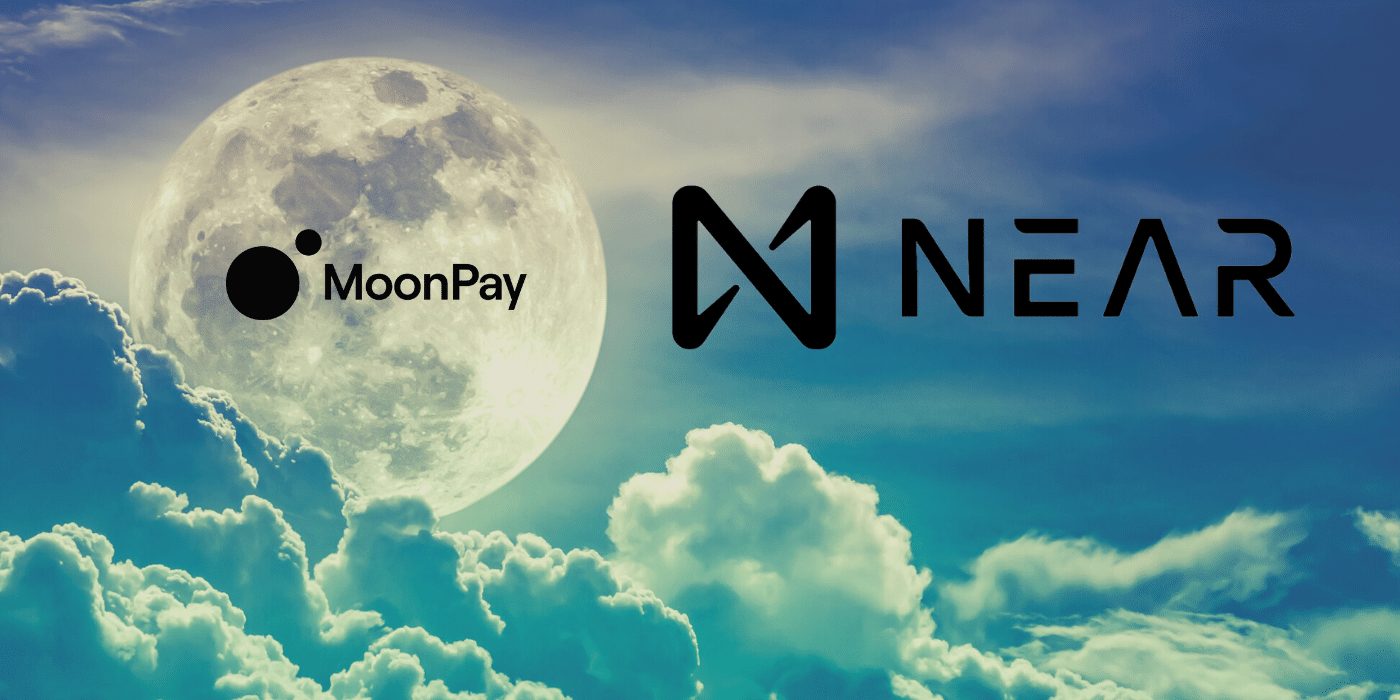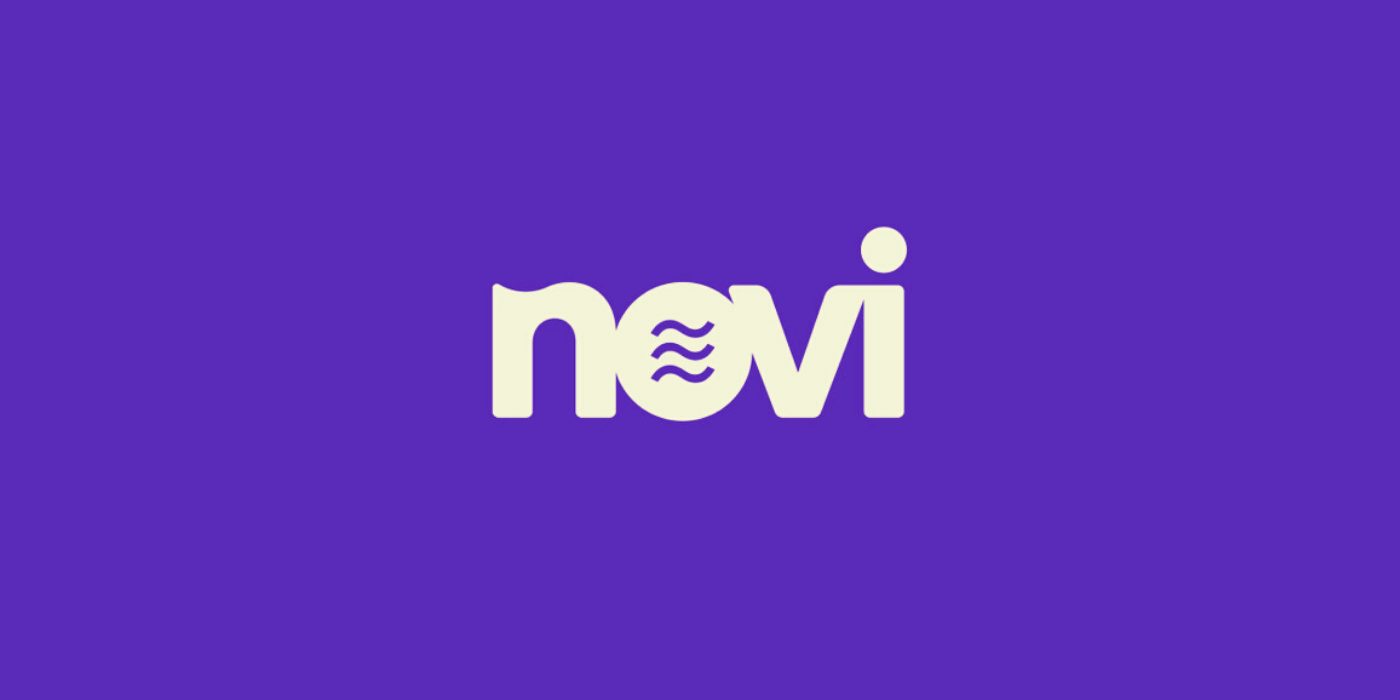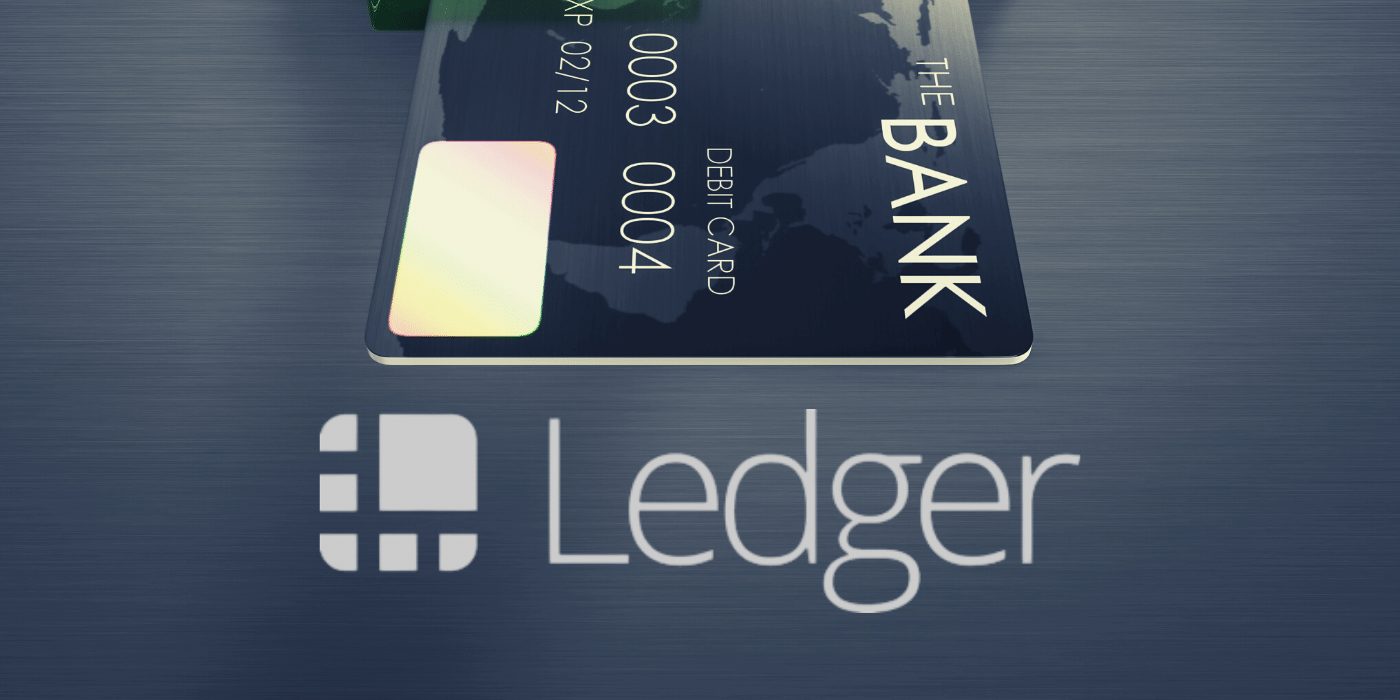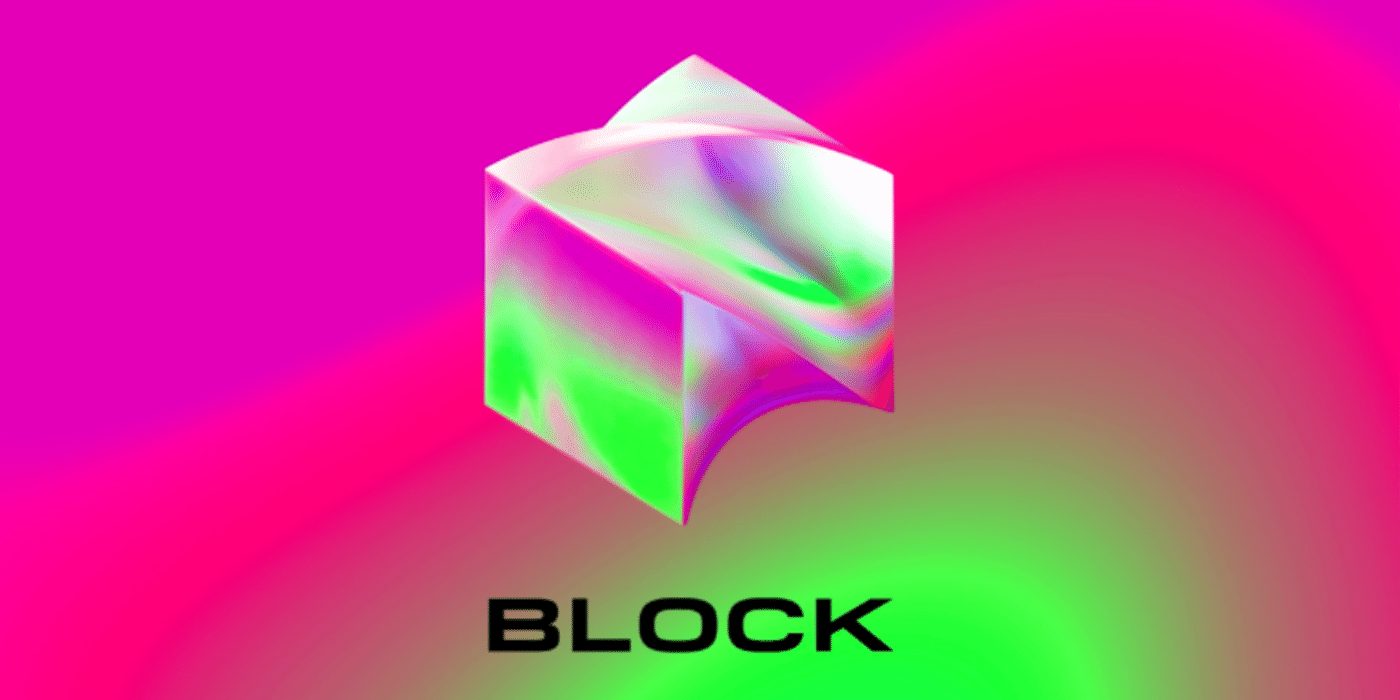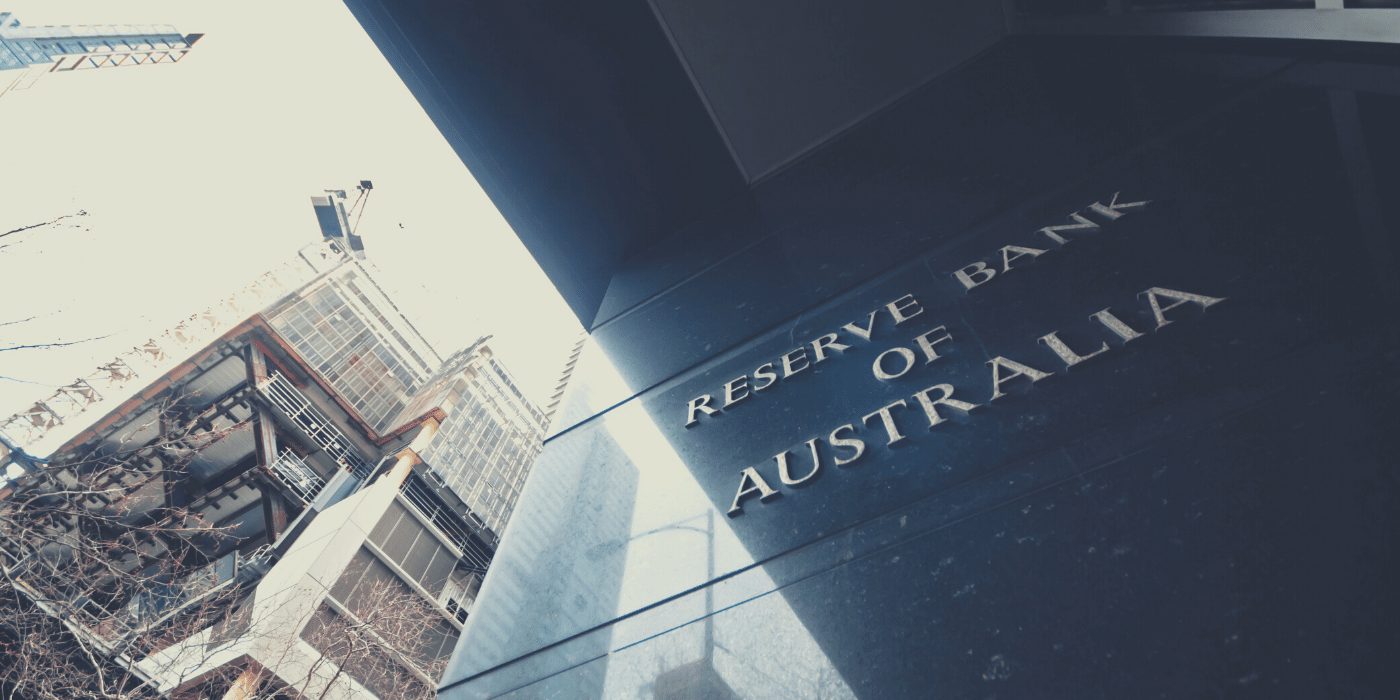When payment solutions company MoonPay announced it was allowing its users to buy NEAR tokens worldwide, the price of NEAR Protocol skyrocketed 28 percent in 24 hours, with trading volume up more than 125 percent in the same period. Since then, the NEAR token has recorded an overall increase of 48 percent in a week.
NEAR is a development platform built on a sharded, proof-of-stake, layer-one blockchain that offers drastically lower transaction fees while maintaining high throughputs. The simple explanation for NEAR’s sudden boost is that MoonPay has a crypto trading app with around five million users.
By announcing its support for NEAR, MoonPay made the pool of potential investors that much deeper, which also explains NEAR’s increased trading volume. NEAR Protocol is further seeking to facilitate a shift to Web 3.0. With a daily transaction rate of 300,000 – just a fraction of its almost limitless capability – developers see a need for NEAR to transition to a more efficient system called Nightshade.
Phase one of the transition is scheduled to begin in early 2022, with phase two set to be implemented by the end of next year.
A String of Recent Announcements
In the first week of December, NEAR Foundation and WOO Network announced the completion of a US$5 million token swap to create a strategic partnership between ecosystems.
Last month, Ardana – Cardano’s growing stablecoin hub – also announced a strategic partnership with Near Protocol. It will allow for asset transfer between the two protocols in which Ardana will provide the bridging infrastructure:
Last week, altcoin MDT jumped more than 90 percent in a single day by breaking a rising wedge pattern with strong buying volume on multiple exchanges. Similarly, a week earlier IDEX surged more than 85 percent in 24 hours after listing on Huobi Exchange.

